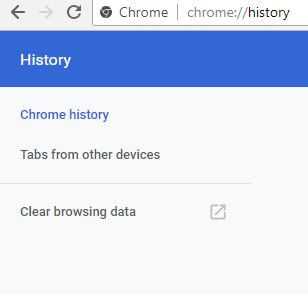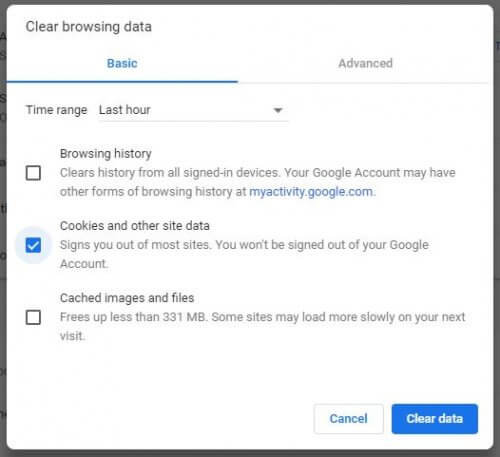Why do you keep seeing ads for things you were just looking at? How does your PC KNOW? Is someone out there watching you……?
The answer is no.
While it’s easy to see how one could become quite paranoid when you see ads that are tailored exactly to your tastes and interests, the truth is actually quite simple, and far less sinister, and involves cookies.
Cookies (formally known as HTTP cookies) are small “packets” of data that your computer receives then sends back to the website you’re visiting. Cookies are stored in your web browser and are actually not a bad thing.
You will know that a website uses cookies because they will tell you. Either in the footer of the website, in the privacy policy, or else in the form of a pop-up that will ask you to agree to the use of cookies.
Cookies keep track of your visits to specific websites. Online retailers use cookies to keep track of items in your cart. Without those cookies, your cart would empty the moment you click “Continue shopping” (which would be rather annoying as you could only ever buy one item at a time).
Cookies are also used to save your passwords and usernames for later, although this isn’t their primary purpose. Cookies are a convenient way to carry data from one session to the next, without the server carrying huge amounts of data.
If there is a lot of information to store, a cookie can be used to identify a user so that their settings and information can be looked up on the server database. For example, the first time you visit a site you may set a username, select a font size and prefered layout, set your favourite apps and links. When you visit the site the next time, the server will read the cookie to find your username and retrieve all your settings without you having to re-do everything.
You get three main kinds of cookies: session cookies, authentication cookies and tracking cookies.
Session cookies will disappear the moment you leave a site.
Tracking cookies keep track of your long-term activity on a site.
Authentication cookies allow you to “Stay logged in” to a site (like your social media or specific accounts) by storing your username and password.
So why do I see ads for sites I’ve just visited?
Many sites use cookies for their marketing. They track which products you viewed, and then use paid marketing mediums (such as Google AdWords and Facebook, although Facebook uses pixels, which is slightly different) to advertise those products to you again once you leave their site. It’s a simple matter of bringing back a product that you’ve just looked at, in the hopes that you’ll buy.
The same logic used by streaming sites such as Spotify and Netflix to allow them to suggest music and movies you might enjoy, based on your previous activity there. Every item on their network has a reference, and their system simply finds similar references to the ones you’ve already viewed. The difference with these bigger platforms is that your data is stored on your account, on their network, rather than on your own browser.
The good news is it is completely automated and there is no-one actually “watching” you.
If you want a fresh view of a website without your browsing history affecting your experience, simply clear your cookies.
How to clear your cookies (on Google Chrome)
To do this, go to the three little dots in the top right-hand corner of your browser, and click on “History”.
Select “clear browsing data”.

Then select “cookies and site data”

Just remember that you will lose all of your saved passwords and usernames. Make sure you have your login details handy before you clear your data!
While this can be handy from time to time, it’s not really necessary for standard internet use. It’s also important to note that only information you volunteer can be saved as a cookie. Cookies don’t present a threat in themselves. If you are worried about the information you provide to a web server not being handled in confidentiality, then you should question whether you actually need to be on that website.
Refrences:
http://www.whatarecookies.com/
https://www.zaproo.com/ecommerce-machine-learning-applications-the-future-of-ecommerce-marketing/



